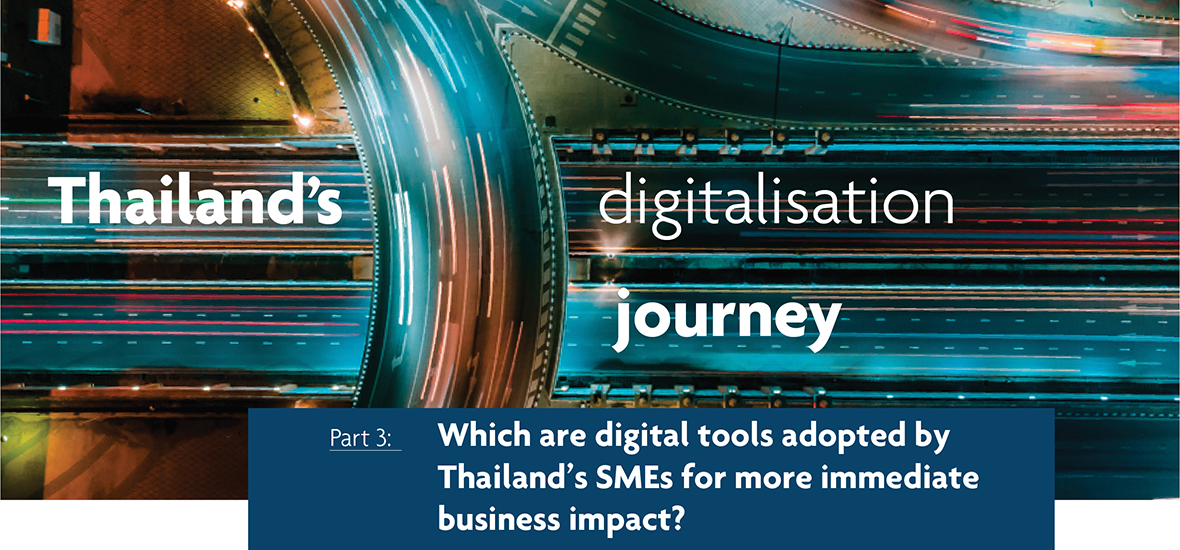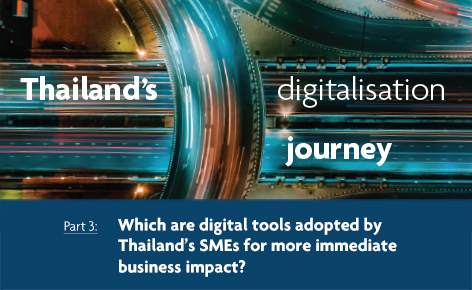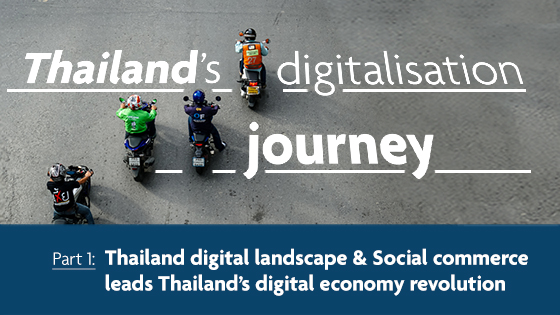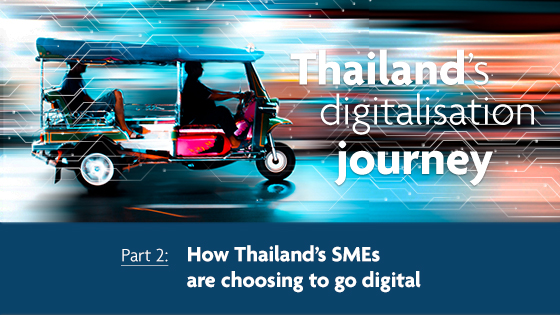Aversion towards digitalisation for operational efficiency
The experience of the SMEs using technology for more labour-intensive, operational processes was not as positive. The business owners agree that technology can make tedious processes more efficient. However, the biggest challenge to digitalise in this area is the lack of familiarity and understanding both they and their staff have when adapting to such solutions. “I’ve been sending myself and my staff to go for training on technology solutions, although not every lesson was really understood or put into use for our business. In practice, I’ve had to start from scratch and am usually unsure of where to head to next. We need a complete package of technology and training, and maybe guidance throughout the implementation process. I’ve gone through different cashier softwares because each of them has their own limitation. So, my employees need to learn a new program every time.” – Coffee Boy Retail Co. Ltd., an F&B SME in Thailand.
Digital tools adopted for more immediate business impact
The key takeaways from both studies were that business owners in Thailand see the benefits of all digital tools for their businesses. However, concerns about costs and how their staff can adapt to the technologies are the key considerations behind which digital tools they will choose to adopt. For investments to be made to digitalise a business’s operations, the resources and technical know-how needed means that more holistic guidance is needed. For SMEs, a good way to approach Thailand 4.0 is to work with partners that can offer all-round support from knowledge to implementation and access to a wide suite of solutions.
Article source: The Finlab









